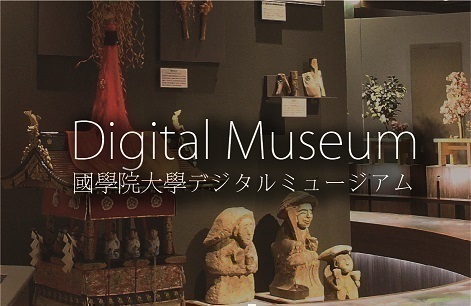- トップ
- Encyclopedia of Shinto
- Toshiura
Encyclopedia of Shinto
| Main Menu: | |
| Links: |
詳細表示 (Complete Article)
| カテゴリー1: | 6. Belief and Practice |
|---|---|
| カテゴリー2: | Divination and Supplication |
| Title | Toshiura |
| Text | Collective term for the various methods used to divine the fortune of a single year. Divinations regard matters of concern to an entire community such as the growth of crops, harvest, and weather; or private concerns such as the fortune of a single family or individual. In addition to meaning "a year," however, the toshi of toshiura concurrently signifies the fruition of crops. In most cases, the main aim of divining the toshi was thus to determine not only the outcome of the harvest but also another intimately related factor: the monthly weather. Toshiura is performed on the day regarded as the beginning of a new year, which is usually considered "Little New Years" (kōshōgatsu) on the 15th of the first lunar month, but there are examples of it being performed at other times, including Setsubun, Obon, Moon-Viewing Day on the 15th of the eighth lunar month, or the first Day of the Horse in the second month (Hatsu'uma). While there are many methods of toshiura, "rice-gruel divination" (kayu'ura) has been practiced throughout Japan. "Rice-gruel divination" involves placing slim cylinders of bamboo or other material into a pot of rice gruel being cooked at koshōgatsu on January 15th (formerly the 15th of the 1st lunar month), removing the bamboo when the gruel is cooked, and foretelling the year's harvest or other matters according to the amount of gruel inside the bamboo. "Bean divination" (mameura) was also a widely practiced method of toshiura. On the evening of setsubun or koshōgatsu, beans were lined up in the ashes of a hearth in the yearly sequence of months, then each month's climate or fortune was foretold by how the corresponding bean burned: a bean burnt to white ash meant good weather, a bean scorched black meant rain, a bean that burned quickly meant drought damage, and blowing on a bean meant wind. Other methods share a similar approach of combining fire and crops for divination, including "rice-cake divination" (mochiura), which uses rice cakes instead of beans, and jūniyaki, which substitutes walnuts or chestnuts. There are also toshiura methods that do not employ fire, such toriyobi. In addition, some toshiura methods take the form of a competition. Divination is performed on the basis of victory or defeat in activities which are today considered recreation or sports, including tug-of-war, kite flying, sumo wrestling, archery, horse racing (kurabe uma), and boat racing (kisoibune). These types of toshiura customarily consist of a competition between two communities or two groups within a community, with an abundant harvest being assured to the winning community or group. — Suzuki Kentarō |




